Could you first introduce yourself to the reader?
Hello, my name is Aaron Horn. I am a Grammy-nominated producer and songwriter. My band, Sam and The Womp, had a number one in 2012 with the track “Bom Bom” and recently I’ve had Grammy nominations for my work with Doja Cat writing and producing the track “Woman”, which has had over 1 billion streams. I am trained in sound meditation and gong baths and make functional music for meditation and relaxation. Recently I’ve been furthering my studying with a BA in osteopathy.
What does your job involve? What happens on a typical day?
There is no such thing as a typical day. Making music feels to me like waiting for shooting stars, you have to have everything lined up properly and put in the work so that you're ready to capture that special moment, mistake, happening that connects all the pieces and creates something beautiful. It is as much about luck and timing as hard work and skill. That said there are some practices that I try do every day: exercise, stretching, mindfulness/meditation, time in nature and experimenting and playing with strange and wonderful instruments.
What’s great about what you do?
I love creating something from nothing. Sitting in a room with an artist/writer, or on my own, and by the end of the day creating a song or piece of music that didn’t exist that morning. Especially as these pieces fill a hole in my soul, and I listen to my demos on repeat for weeks afterwards. I love the feeling of a room at the end of Gong Bath when everybody’s brainwave pattern has dropped and the vibe is completely different from the beginning of the session, even though it’s only been an hour it can feels like either 5 minutes or a week has passed.
What are the toughest parts of your job?
Like any industry where there is money to be made, there are people and egos who are there for the money not the music. It’s also challenging when you have success with friends and work colleagues as money and power can change people; and you see the other side of them.
What are the highlights of your career to date?
Opening Shangri-La at Glastonbury, playing X factor in Australia, supporting MIA, writing songs with Seal, playing Gongs on the equinox at the top of the shard, and in the National portrait Gallery.
However the very best was the first time that I got in a van with my band when I did not have to drive it myself. We were heading to a festival gig we were playing, that moment will always be special.
What's been the biggest challenge so far in your career? How did you overcome it?
I think success can be the greatest challenge in a strange way. It’s a common theme that when you succeed, part of the journey is over, and rediscovering the meaning of the journey in music was definitely challenging for me. This led me to a search for something deeper in music and sound. For me, this was finding the practice of sound meditation, and Gong Baths. Finding another function of sound and vibration that was not about commercial success or generating streams, more so sound as a functional tool to change brainwave pattern and modulate the mind.
What was your career path into this job? Have you also worked outside the arts?
My career path started as a jobbing DJ playing all the gigs I could get kids parties, weddings, bar mitzvah's. Then I qualified as a teacher at point-blank music college teaching DJ-ing and music production in outreach centres and youth clubs. I was also setting up my band that would later on go onto achieve a number one with “Bom Bom”.
Have you noticed any changes in the industry in recent times? If so, what?
I think the most notable modern trend is the tension between content creation and musicians/artists. We see new artists coming through social media and TikTok and the line is more blurred between content, creator, entertainer, TikToker and musician/artist .
How has your background, upbringing and education had an impact on your artistic career?
I think growing up in a musical household initially had the reverse effect. I didn’t want to work in the music business, and was scared of pro tools and music studios. This was because I had tried to reprogram drum machines as a little kid when I was left alone in the studio. It didn't go down well, so I wasn’t allowed in on my own after that. That changed when I got my first set of turntables at 18 and I became obsessed with cutting and scratching records, making beats and recording cassette mixtapes. I think music is such an important part of education and development of the neural networks in the mind. It’s a beautiful thing to have as part of our culture and I’m very passionate about all aspect of music culture.
You’ve been granted the ability to send a message to 16-year-old you. What do you say?
I would probably say, don’t worry about the mix so much. I think when you start making music you’re quite obsessed about getting the right sound mix and master, which is hard to do, and does take quite a while practising. However, what’s important is the song, the vibe and the expression and communication of the music. It doesn’t have to be perfectly polished to be good enough and I definitely spent a lot of time and not releasing music for years because of this. In fact, I’m only now releasing some of the music that I made it back then
Do you have any advice for young people interested in your field?
Yes, I would say have a side hustle. The most challenging aspect of music business is holding onto the love for music and the creative spark that drives artists while being forced to earn an income from it. So having a way of making money that isn’t music-based and being able to invest in your work can help.
Where can people find you and your work online?
My work is online on all streaming services if you search “ Aaron Horn”. I’ve also got a podcast coming out and post random videos on YouTube of music equipment and jams, I’ll also be playing gongs at Camp Bestival this summer.
Music: https://frontl.ink/ejy1bg9
The Aaron Horn Podcast: https://anchor.fm/theaaronhornpodcast
Website: https://www.aaronhorn.com/
Linktree: https://linktr.ee/crateclassics

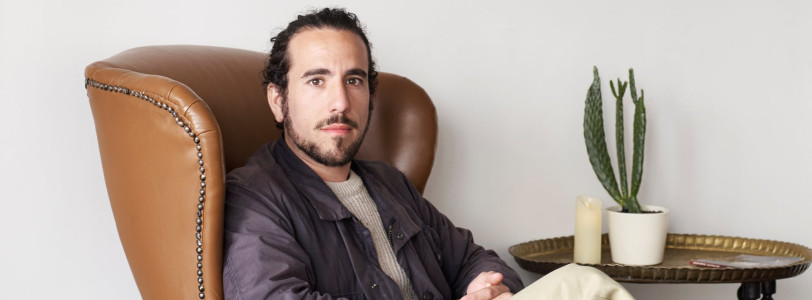
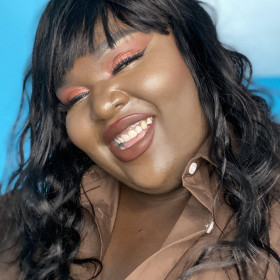
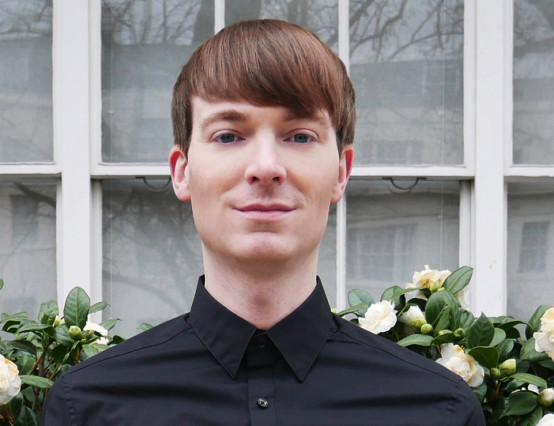
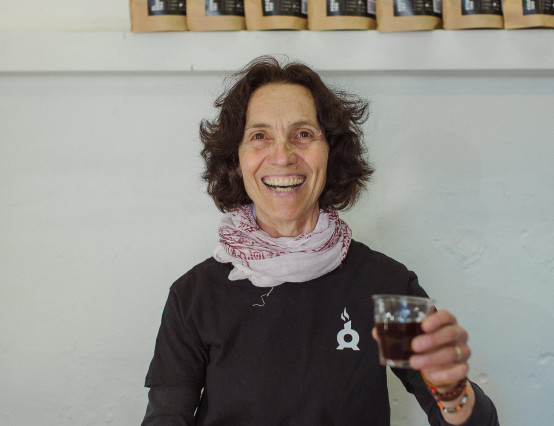
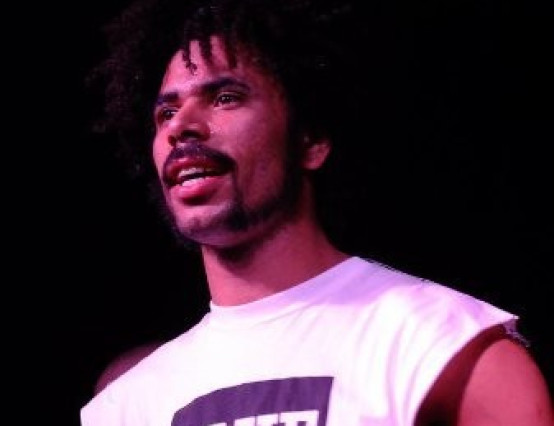



0 Comments